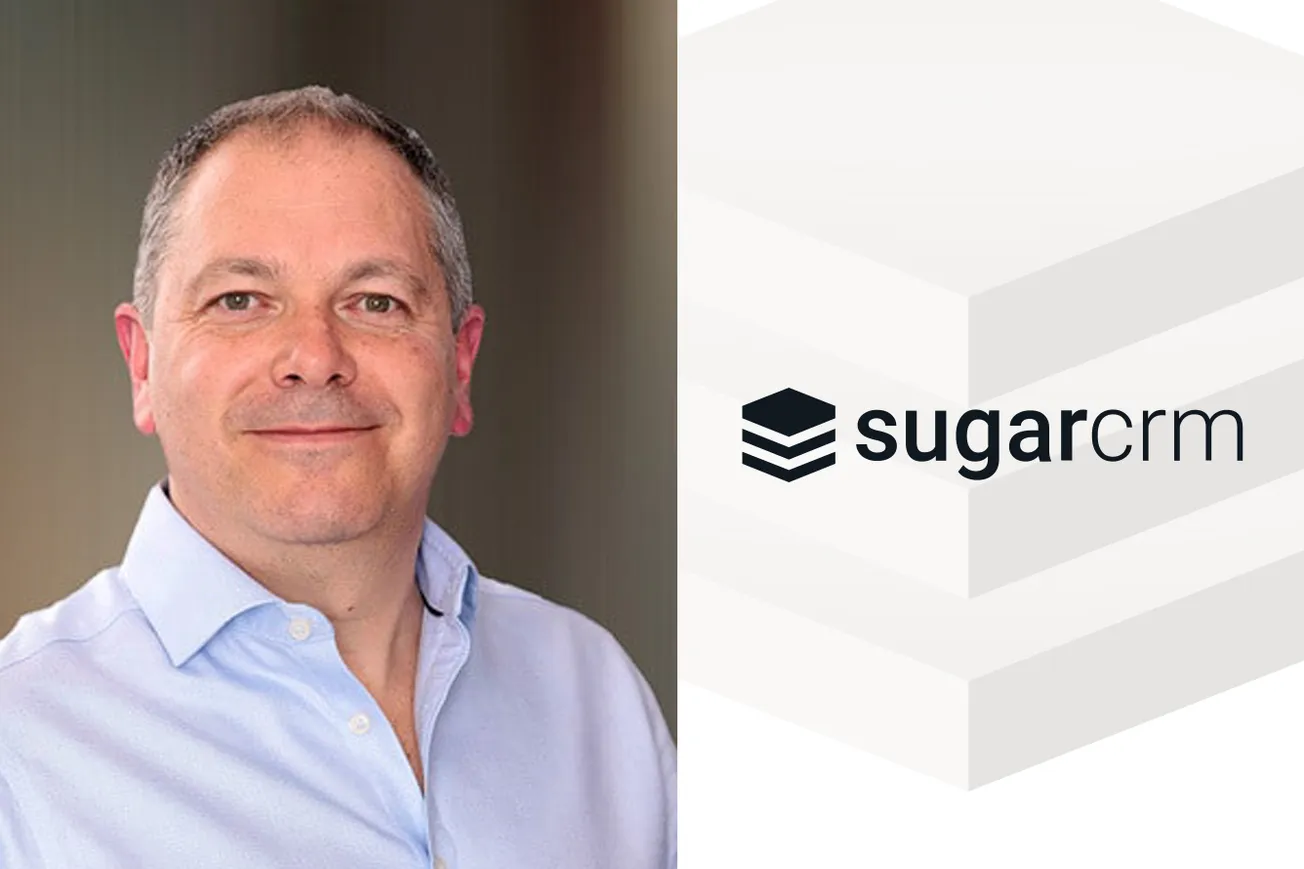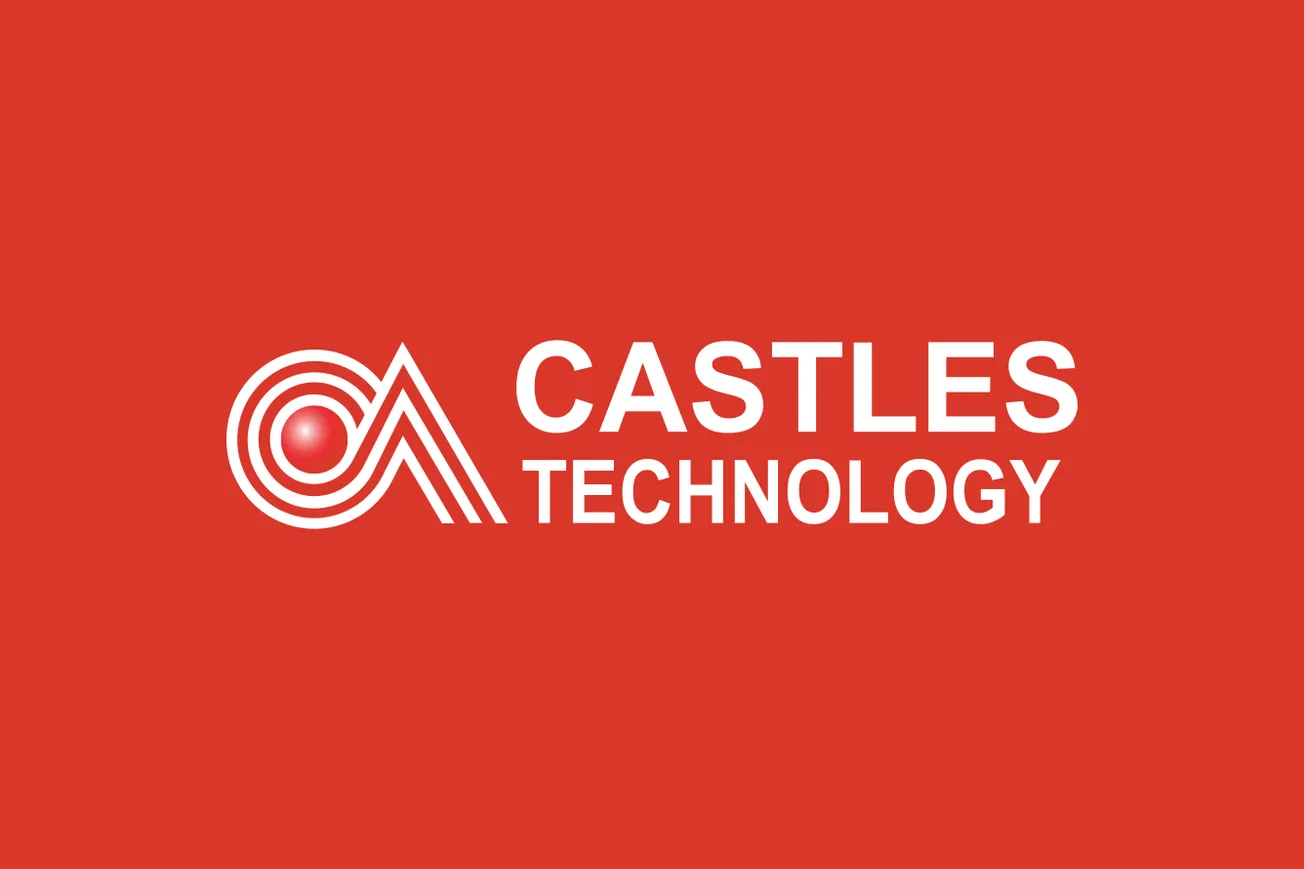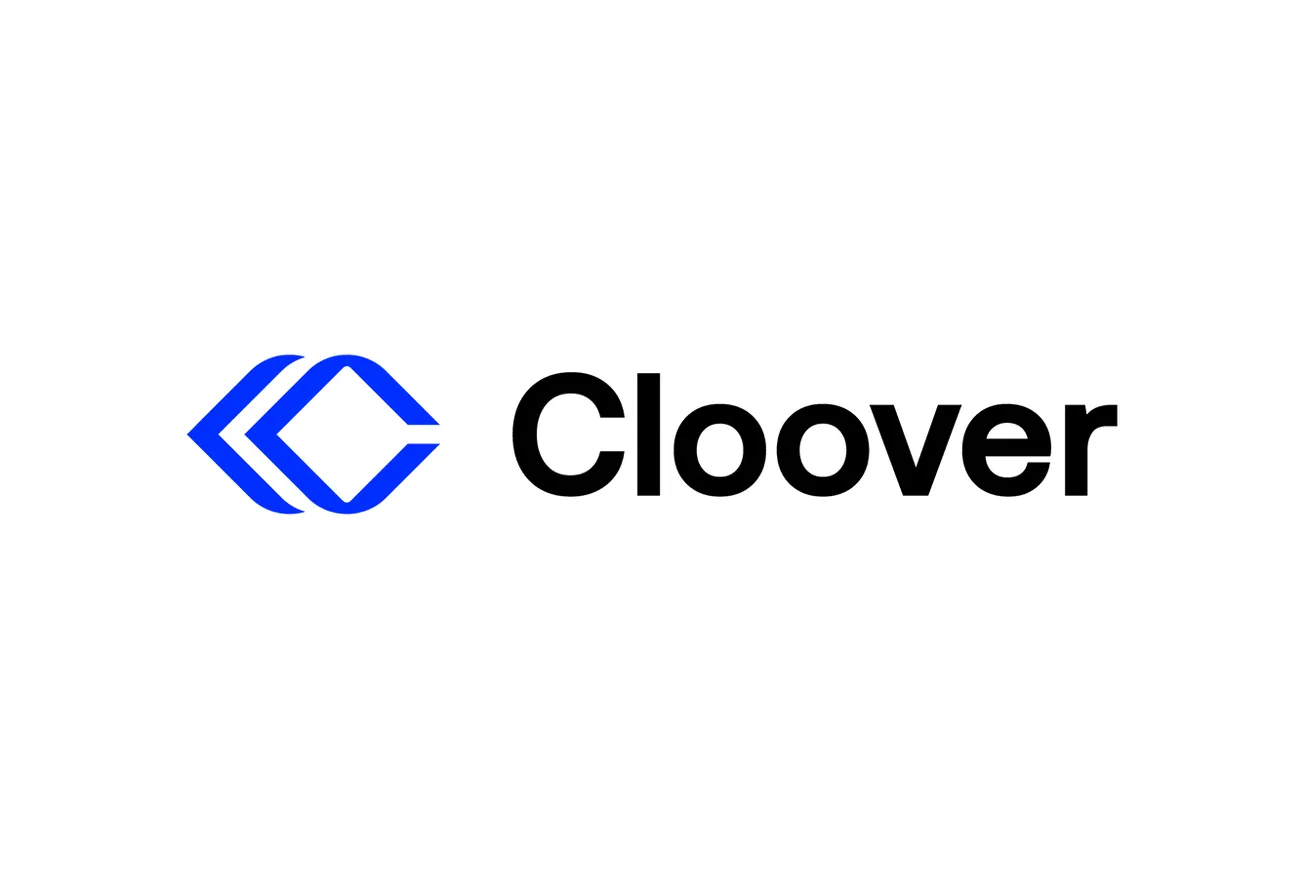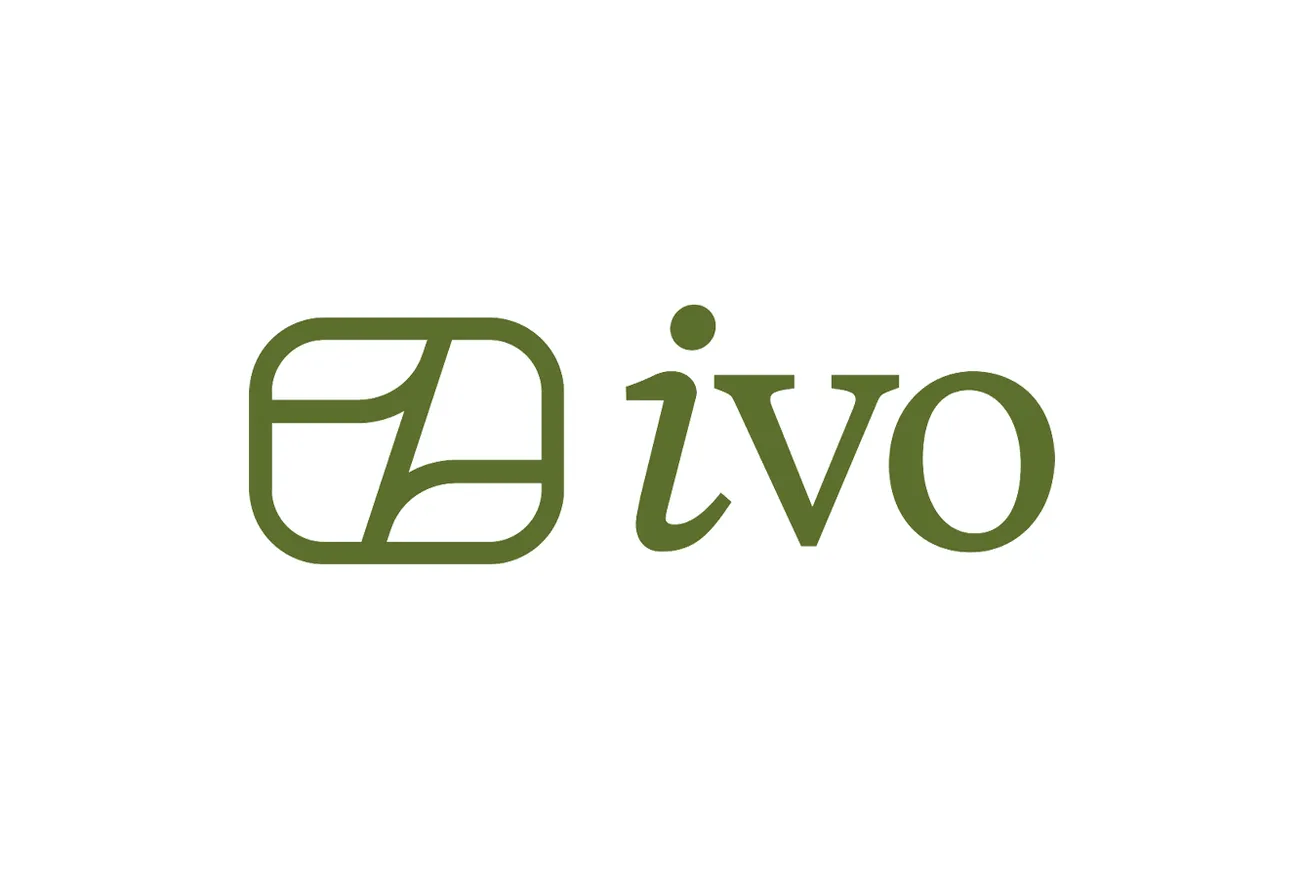Table of Contents
At The Founder, we aim to bring you insights from the world’s leading innovators and business strategists. In this exclusive interview, we sit down with James Frampton, Chief Revenue Officer at SugarCRM. With over 30 years of experience in ERP, CRM, and IT Service Management, James shares how SugarCRM's AI-powered revenue intelligence solutions are transforming industries by enabling businesses to achieve remarkable sales growth.
Can you share a bit about your career journey and what led you to join SugarCRM?
I started my career as a trainee management accountant in a mid-market manufacturing business. During this time, I implemented a finance system, which would now be called enterprise resource planning (ERP). This exposure to the project enabled me to transition into the tech industry as an implementation consultant and project manager and eventually into sales and management.
Throughout my career, I've had extensive experience working with customer relationship management (CRM) systems. I experienced firsthand how these systems became increasingly cumbersome and difficult to manage, significantly impacting their overall effectiveness.
Joining SugarCRM initially to lead the EMEA team presented an opportunity to offer insights from a user's perspective on best practices for maximizing CRM effectiveness and common pitfalls to avoid.
Outside of work, what are some hobbies or activities that keep you inspired and motivated?
Connecting with friends and engaging in activities that allow me to focus on something beyond work is important. I've always enjoyed watching soccer and playing golf. Balancing the demands of managing a global sales organization can make it challenging to find time for golf, and my current handicap reflects that. Golf offers a unique challenge where you're not only competing against other players but also against the course and, most importantly, yourself.
While I'm not an Olympic athlete by any means, I make a conscious effort to prioritize physical and mental fitness, especially given how easy it is to get caught up in the daily stresses of work.
I listen to books on Blinkist. Whether commuting to the office or flying around the world, I switch between listening to titles that foster a growth mindset and those that help improve my memory.
For our readers unfamiliar with SugarCRM, could you provide an overview of what sets the platform apart from other CRM solutions?
SugarCRM is an intelligence-driven platform designed to help salespeople perform at their best. In my 30 years of experience, I've seen how sales professionals often seek the path of least resistance, which can sometimes limit their access to valuable insights. Sugar helps address this by consolidating critical intelligence from internal sources – emails, phone calls, and product/SKU purchase trends – and external sources (intent data, company changes, and industry trends). This “common sense” approach equips salespeople and account managers with a guided selling strategy, enabling them to make more informed decisions and ultimately drive better outcomes.
Our goal at Sugar is to break down the silos between different systems and departments, creating a seamless and unified approach to intelligent account management. In addition, we are taking a pragmatic approach to making generative AI capabilities approachable and accessible to the midmarket with opportunity summarization and case summarization for greater customer intelligence and improved productivity to sales and service professionals.
Other CRM vendors are integrating generative AI capabilities into their platforms at a substantial cost. In contrast, Sugar offers these capabilities at a price point that enables midmarket enterprises to ably realize the power and potential of generative AI for sales and service.
SugarCRM recently helped Chassis Cab boost sales by 24%. What role did the sales-i revenue intelligence tool play in achieving this growth?
Chassis Cab is one of the latest companies achieving breakthrough sales success with sales-i, which as you noted, has helped boost its sales by 24 percent.
A leading DAF truck dealership in East Anglia, England, Chassis Cab has a reputation for excellence in the commercial vehicle industry since its founding in 1982. The family-owned and operated company offers a comprehensive range of services, including truck sales, parts, and workshop services, across four locations in the U.K.
As the company grew, its traditional dealer management system struggled to keep up with the demand for automated data analysis. The business relied on inefficient systems to track customer interactions, manage sales, and execute targeted marketing strategies. Without real-time sales insights, Chassis Cab was missing out on new sales opportunities, leading to slower decision making, reduced customer engagement, and potential loss of sales.
Chassis Cab adopted sales-i for intelligent account management, enabling modern data-driven sales strategies. By analyzing sales versus gaps, Chassis Cab can pinpoint missed sales opportunities and respond faster to changes in customer behavior. This has enabled proactive targeted campaigns, netting measurable results, with a single campaign driving £150,000 ($183,000 USD) in additional sales.
With your extensive experience in CRM, how do you see the integration of AI and revenue intelligence shaping the future of customer relationship management?
With a pragmatic and practical approach to gathering data, AI is a tool that guides conversations, making them more relevant and context-driven when engaging with your audience. This goes hand-in-hand with revenue intelligence, enabling you to proactively educate customers about potential red flags, allowing them to address issues before they arise or capitalize on further opportunities.
Revenue intelligence data provides insights into customer behavior and preferences. This insight, combined with CRM information, helps businesses create impactful sales strategies that drive upsell, cross-sell, and switch-sell initiatives and bring to the surface potential churn risk – ensuring salespeople always focus on the right actions that will drive company, personal, and customer success at all times.
Many industries face complex and extended sales cycles. How does SugarCRM’s approach address these challenges?
Buyers have more choices than ever before as the global market expands, leading to increased competition, extended decision-making processes, and longer sales cycles. Sugar is ideal to address the challenges of long and complex sales cycles.
The challenge is that sales organizations can have a difficult time seeing the forest through the trees – that is: what opportunities should they be focusing on? Sugar’s AI-powered solutions make it easy for frontline professionals to know where to focus. These intelligence-driven tools and predictive capabilities empower sales, marketing, and service teams to engage customers with clarity, consistency, and confidence.
How does the acquisition of sales-i enhance SugarCRM’s offerings, particularly for companies leveraging both ERP and CRM data?
Sugar has always been strong at enabling customers to sell ‘their own way’ with our business process engine (configuration not customization) and guide sellers to ‘next best action.’ With the addition of sales-i, we can now take that all important raw data from a customer’s ERP system and present the data in a very powerful, user-friendly manner to unlock potential otherwise overlooked.
Sugar acquired sales-i to add AI-powered revenue intelligence capabilities to the platform and drive intelligent account management. This has furthered Sugar’s focus on enhancing the synergy between CRM and ERP solutions, with over 180 out-of-the-box ERP integrations and strategic partnerships with leading ERP vendors. Combining CRM and ERP data provides a 360-degree view of the customer. This includes their purchase history, service interactions, and financial transactions. With this holistic view, customer service reps and sales teams can offer more personalized and informed interactions, addressing customer needs more effectively.
This approach becomes especially valuable in industries, such as manufacturing, that face notoriously long and complex sales cycles.
What advice would you give to organizations looking to adopt AI-powered tools to improve their sales and customer engagement?
My advice would be to not get caught up in the melee or confusion of it all. AI can be extremely powerful and useful; just make sure it is leveraging relevant data to drive tangible results.
Finally, what’s next for SugarCRM? Can you share any exciting developments on the horizon?
Sugar will continue to focus our efforts and roadmap on making sales leaders the heroes in the organization and for their customers' businesses, whether they are the chief revenue officer, sales manager, new business salesperson, or account manager.
Conclusion:
Thank you, James, for taking the time to share your insights with us. It’s clear that SugarCRM’s innovative approach is paving the way for businesses to unlock the full potential of their data and achieve remarkable growth. For our readers, stay tuned for more exclusive interviews with leaders and innovators shaping the future of technology and business.












